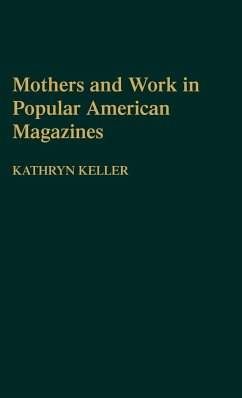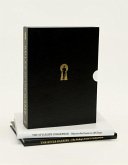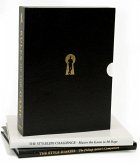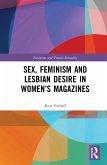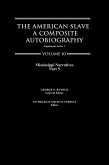Drawing on articles appearing in popular women's magazines from 1950 to 1989, this study documents changes in justifications of gender-based divisions of labor in the home and workplace. The study details the types of rationalizations that have been used to reconcile one new familial arrangement--two-parent workers with traditional gender values that promote men as breadwinners/fathers and women as housewives/mothers. The study reveals that changes have taken place only within the context of being a good mother. A serious analysis of women's burden of being both breadwinner and homemaker, therefore, has not occurred. Women's magazines serve as moral guides for their readers, providing justifications for both working and nonworking readers. They rely heavily on experts to provide personal direction to their readers. This work is in the same vein as Susan Faludi's Backlash, which examines the use of the media in the control of gender ideologies.
Hinweis: Dieser Artikel kann nur an eine deutsche Lieferadresse ausgeliefert werden.
Hinweis: Dieser Artikel kann nur an eine deutsche Lieferadresse ausgeliefert werden.

